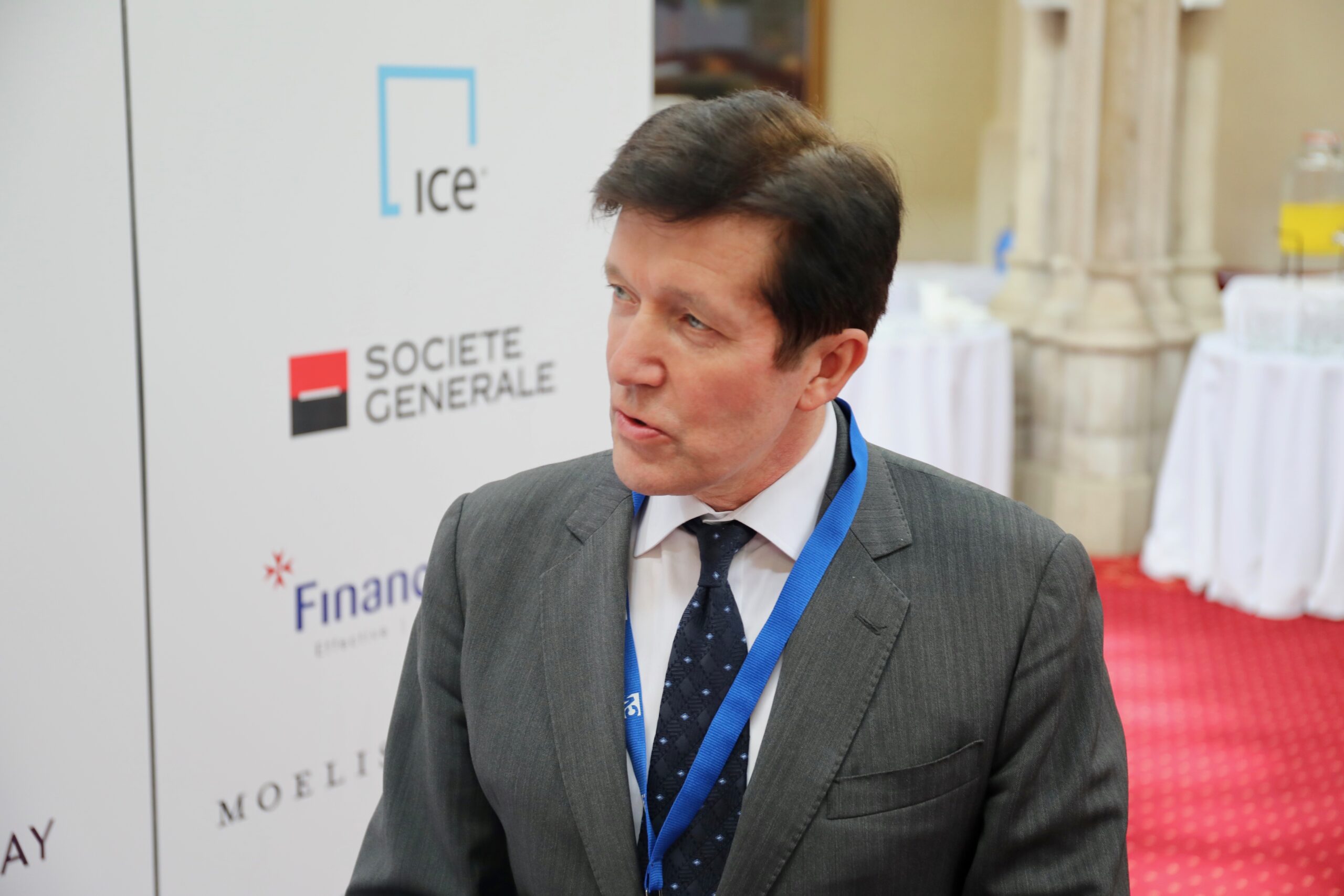Against protectionism and widespread populism, we need to reinvent a globalization more inclusive
Interview with Mr. Maurice Button
Chief Executive, City and Financial Global Ltd, organizer of the City Week of London
City & Financial Global Ltd is one of the UK’s leading research-based
